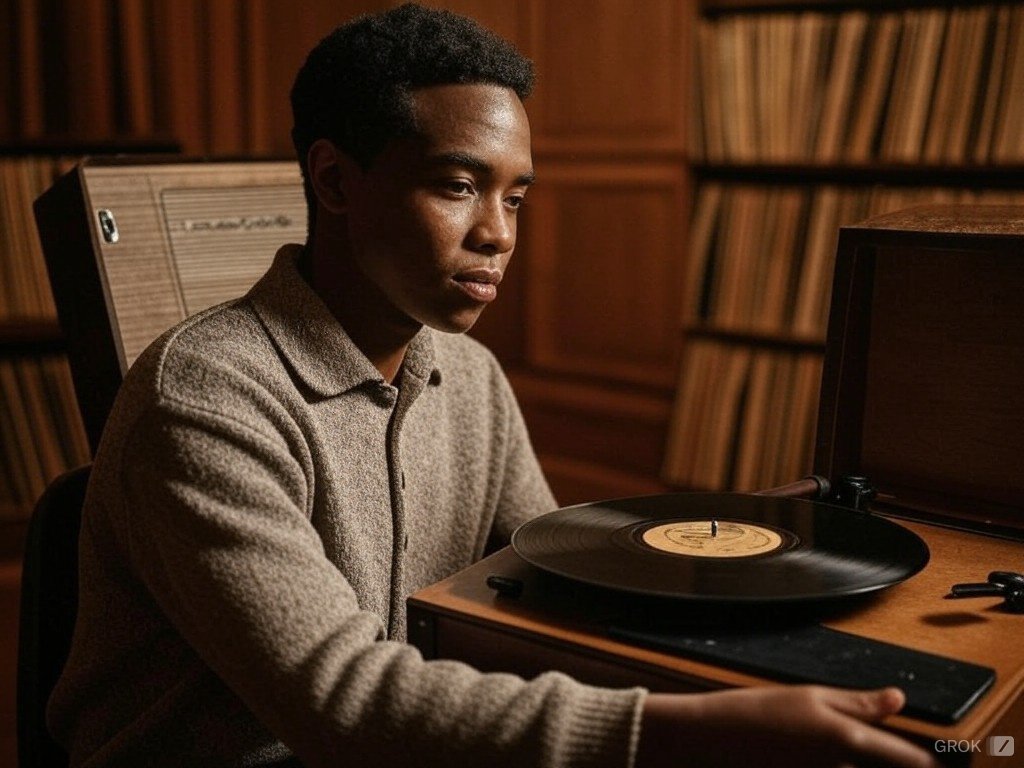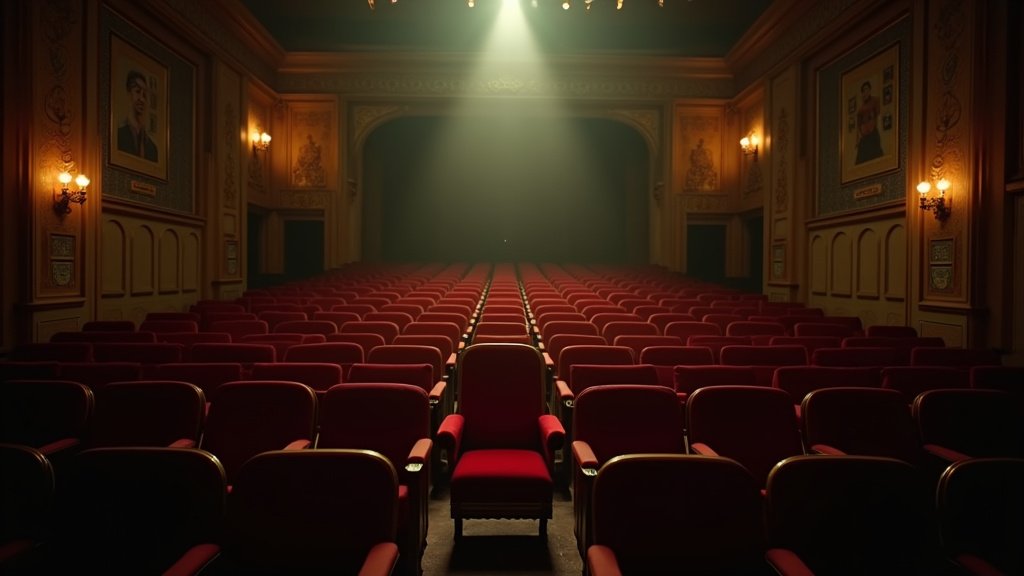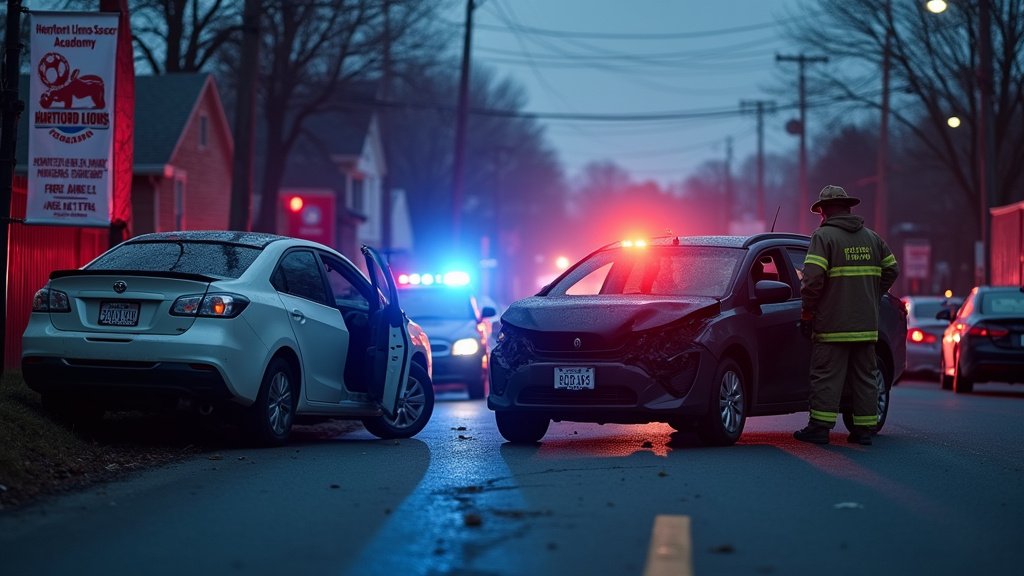There’s something about the past that feels warm and safe. Maybe it’s the smell of a VHS tape or the jingle of an old video game starting up. Nostalgia, that bittersweet longing for the “good old days,” is everywhere in modern entertainment. Look around, and you’ll see it woven into our movies, TV shows, music, and even fashion. From reboots of classic sitcoms to 80s-inspired soundtracks, it’s clear: we’re hooked on the past. But why does nostalgia hit us so hard, and what does it mean for the future of entertainment?
Let’s rewind a little. The power of nostalgia lies in its ability to transport us. It takes us back to simpler times, a place where life felt less complicated. Maybe you remember rushing home after school to catch Friends, or the sheer joy of unwrapping the latest Nintendo console on Christmas morning. These memories evoke feelings of comfort and security, which is why creators have been capitalizing on them in recent years. In a world that often feels chaotic and unpredictable, nostalgia offers a kind of cultural comfort food.
Hollywood, of course, is one of the biggest purveyors of nostalgia. Think about the sheer number of reboots, sequels, and remakes that dominate the box office today. In 2023 alone, we saw everything from The Little Mermaid to Indiana Jones and the Dial of Destiny get reimagined for modern audiences. But these aren’t just lazy cash grabs. These projects are carefully crafted to appeal to both older fans who grew up with the originals and younger viewers experiencing them for the first time. The result? A potent mix of familiarity and novelty that’s hard to resist.
Take Stranger Things, for example. When the Netflix series debuted in 2016, it was an instant hit—not just for its compelling story and lovable characters, but for the way it paid homage to 80s pop culture. From its Stephen King-inspired plot to the synthesizer-heavy soundtrack, Stranger Things wasn’t just a show; it was a love letter to an era. And audiences ate it up. Why? Because it felt like a time machine. Even if you weren’t alive in the 80s, the show tapped into a collective memory of what that decade represented: adventure, wonder, and a hint of danger.
Music, too, has leaned heavily into nostalgia. Synthwave, a genre inspired by 80s electronic music, has exploded in popularity in the last decade. Artists like The Weeknd have drawn on retro sounds to create chart-topping hits, while platforms like TikTok have resurrected old tracks, turning them into viral sensations. Remember when Fleetwood Mac’s Dreams became the anthem of 2020 thanks to a skateboarding cranberry juice enthusiast? That wasn’t just a fluke; it was proof that old songs still resonate with new audiences.
Gaming is another industry that’s riding the nostalgia wave. Retro-style games like Stardew Valley and remastered classics like The Legend of Zelda: Link’s Awakening have brought pixelated graphics and old-school gameplay back into the mainstream. For many gamers, these titles feel like a return to their roots—a reminder of the days when gaming was about simple pleasures, not hyper-realistic graphics or endless DLCs. And let’s not forget the mini-console trend, from the NES Classic to the PlayStation Classic, which let fans relive their childhoods in all their 8-bit glory.
But nostalgia isn’t just about revisiting old favorites. It’s also about reimagining them in new and exciting ways. Consider the Marvel Cinematic Universe, which has turned comic book characters from the 60s and 70s into modern pop culture icons. Or the Barbie movie, which took a childhood toy and transformed it into a vibrant, feminist statement. These projects don’t just rely on nostalgia to succeed; they build on it, using the past as a foundation to create something fresh.
Still, there’s a fine line between celebrating the past and getting stuck in it. Critics have argued that Hollywood’s obsession with reboots and sequels stifles creativity, leaving little room for original stories. And they’re not entirely wrong. For every Top Gun: Maverick that breathes new life into a beloved franchise, there’s a Space Jam: A New Legacy that feels like a soulless cash grab. Nostalgia can be a powerful tool, but it’s not a substitute for innovation.
So, what does this mean for the future of entertainment? Will we eventually grow tired of the past, or is nostalgia here to stay? The truth is, nostalgia isn’t a trend; it’s a fundamental part of being human. As long as we have memories, we’ll have a desire to relive them. What’s more, nostalgia is constantly evolving. Today’s 90s kids are tomorrow’s 2000s kids, and the media they grew up with—think Harry Potter, Twilight, or High School Musical—will likely be the next wave of nostalgic gold.
But here’s the twist: nostalgia doesn’t have to look backward. It can also inspire us to move forward. By tapping into the emotions and themes of the past, creators can craft stories that feel timeless, bridging generations and connecting us in ways that are both meaningful and fun. After all, entertainment isn’t just about escape; it’s about connection. And what better way to connect than by sharing a little piece of the past?
In the end, nostalgia isn’t just about reliving the good old days—it’s about understanding why they mattered in the first place. It’s about finding comfort in what’s familiar, even as we venture into the unknown. So whether you’re binging a rebooted sitcom, grooving to a retro playlist, or dusting off your old gaming console, take a moment to appreciate the magic of nostalgia. It’s not just a trend; it’s a testament to the enduring power of stories and memories. And in a world that’s constantly changing, that’s something worth holding onto.





